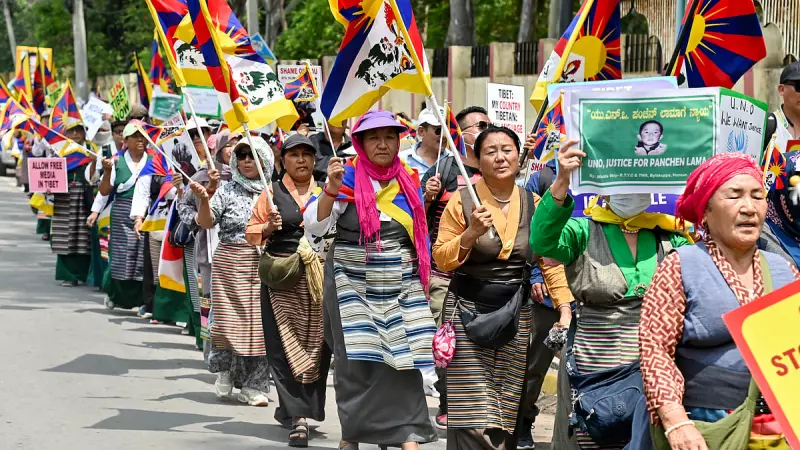
Nestled in the heart of Karnataka, far from their snow-capped Himalayan homeland, Tibetan communities have carved out a remarkable existence that blends hope with heartache. For decades, India has served as an unlikely sanctuary for thousands of Tibetans who fled their country, with Karnataka hosting some of their most significant settlements.
The Tibetan Heartland in South India
The bustling townships of Bylakuppe and Mundgod stand as vibrant testaments to Tibetan resilience. Here, maroon-robed monks chant ancient prayers while the air fills with the scent of butter tea and momos. These settlements have evolved into cultural epicenters, preserving traditions that face restrictions in their homeland.
"We are grateful to India for giving us shelter," shares Tenzin Dolma, a second-generation refugee born in Bylakuppe. "But the pain of being unable to return to our ancestral land never truly fades."
Between Gratitude and Grief
Life in Karnataka presents a complex tapestry of emotions for the Tibetan community. While they've built successful lives—excelling in business, education, and agriculture—the shadow of displacement looms large. Many elderly refugees still dream of returning to a Tibet they remember from childhood, while younger generations grapple with dual identities.
The community's spiritual connection to the Dalai Lama, who resides in Dharamshala, remains a cornerstone of their identity. His teachings and leadership provide moral compass and unity amid their scattered existence.
Preserving Culture Against All Odds
Remarkably, Tibetan refugees have transformed their settlements into living museums of their heritage. From meticulously maintained monasteries to Tibetan language schools and traditional medicine centers, every institution works tirelessly to keep their culture alive for future generations.
"Our children learn Tibetan before they learn Kannada or English," explains a school teacher in Mundgod. "We teach them about our history, our struggles, and the beautiful land we come from."
The Uncertain Future
As years turn into decades, the Tibetan community in Karnataka faces new challenges. Younger members increasingly seek opportunities in cities or abroad, raising concerns about the continuity of their tight-knit settlements. Meanwhile, the political situation regarding Tibet remains unresolved, leaving their long-term status uncertain.
Despite these challenges, the Tibetan spirit endures. Their settlements continue to attract tourists and Buddhist pilgrims, serving as bridges between cultures while reminding the world of a homeland they cannot forget.
As one elderly refugee poignantly notes, "We have built a home here, but our hearts still wander the mountains of Tibet."





